|
When it's time to have difficult conversations with other people, it can be difficult to know when and how to have them. The need to have difficult conversations can lead to avoiding the conversation altogether. Avoidance tends to lead to misunderstandings, passive aggressive communication, pent-up emotions, and many other negative results. When we learn how to be assertive and communicate healthily, we can tackle these tough conversations with empathy and honesty.
Difficult conversation examples include:
We may even give excuses for not wanting to have difficult conversations sometimes, like, lack of time or not the right time, fear of a negative reaction, fear of being disliked, or it's "easier" not to. Below are some resources to help you or your students handle difficult conversations:
0 Comments
Self-Compassion is the ability to extend kindness and compassion to oneself. Just as we show compassion to others who experience rough times and give them the space and time to grieve, make mistakes, or feel their feelings, we should be doing the same for ourselves. Sometimes we are most critical and hard on ourselves than we are on others.
According to Dr. Kristin Neff, there are three elements of self-compassion: 1. Self-Kindness vs. Self-Judgment "Self-compassionate people recognize that being imperfect, failing, and experiencing life difficulties is inevitable, so they tend to be gentle with themselves when confronted with painful experiences rather than getting angry when life falls short of set ideals." 2. Common humanity vs. Isolation "The very definition of being “human” means that one is mortal, vulnerable and imperfect. Therefore, self-compassion involves recognizing that suffering and personal inadequacy is part of the shared human experience – something that we all go through rather than being something that happens to “me” alone." 3. Mindfulness vs. Over-identification "Mindfulness is a non-judgmental, receptive mind state in which one observes thoughts and feelings as they are, without trying to suppress or deny them. We cannot ignore our pain and feel compassion for it at the same time. At the same time, mindfulness requires that we not be “over-identified” with thoughts and feelings, so that we are caught up and swept away by negative reactivity." Below are resources about Self-Compassion: Self-Compassion Flocabulary Lesson Self-Compassion: Be Kind to Yourself Lesson Social and Emotional Curriculum: Compassion in Action 6 Science-Based Self-Compassion Exercises The 5 Myths of Self-Compassion The Transformative Effects of Mindful Self-Compassion The theme for 2022 focuses on the importance of Black Health and Wellness. The Association for the Study of African American Life and History said this about the theme, "This theme acknowledges the legacy of not only Black scholars and medical practitioners in Western medicine, but also other ways of knowing (e.g., birthworkers, doulas, midwives, naturopaths, herbalists, etc.) throughout the African Diaspora." ASALH 2022 Theme
Here are some facts from Everyday Health about Black Health and why it's important to focus on:
Below you'll find resources about Black History Month & this year's theme:
|
AuthorWrite something about yourself. No need to be fancy, just an overview. Archives
June 2022
Categories |

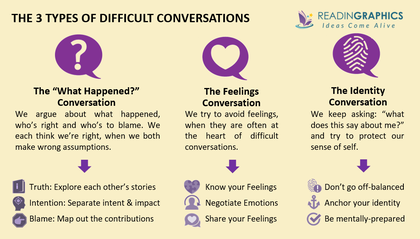
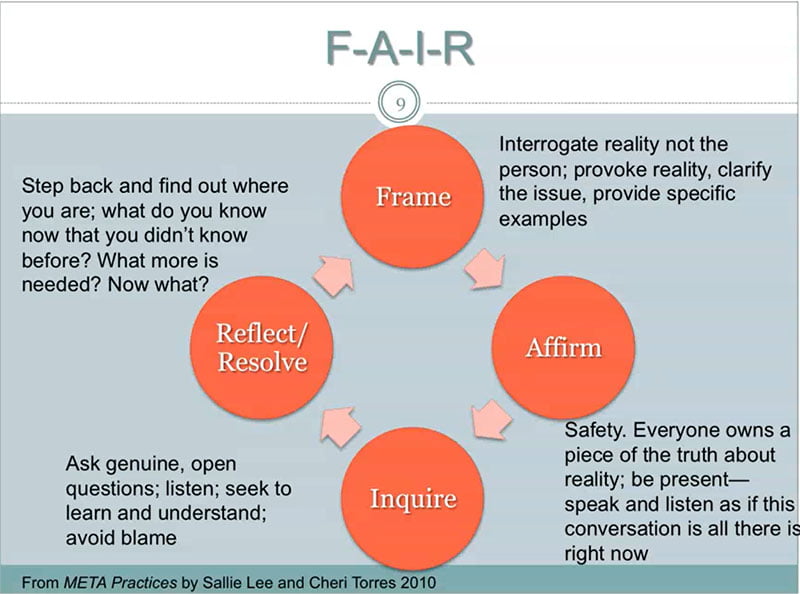
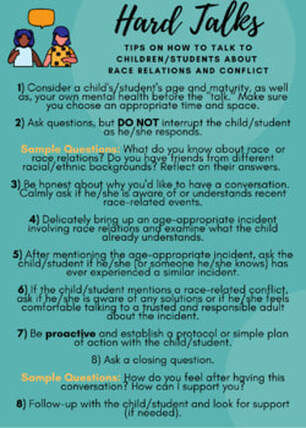
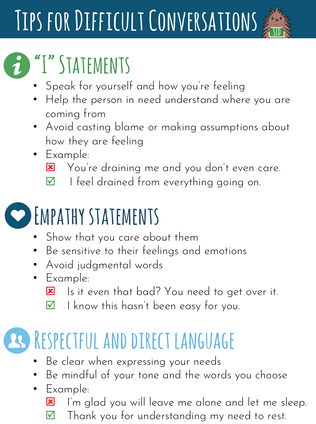
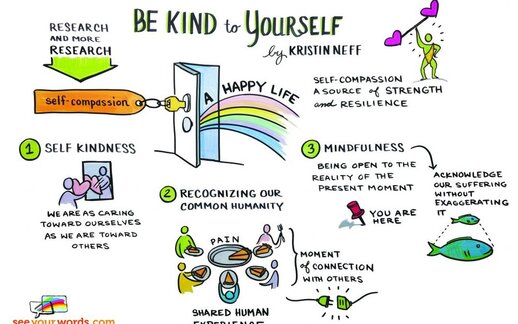
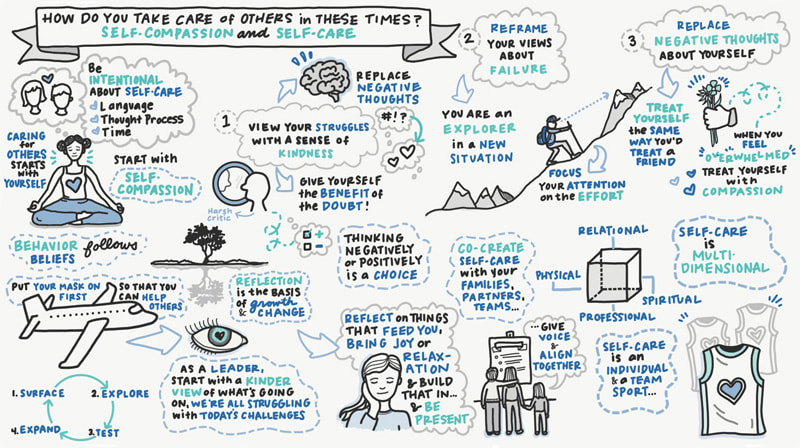
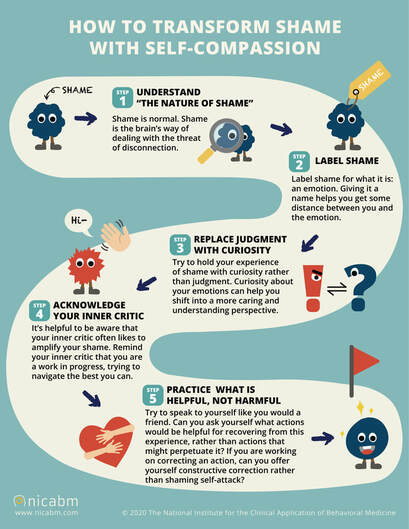
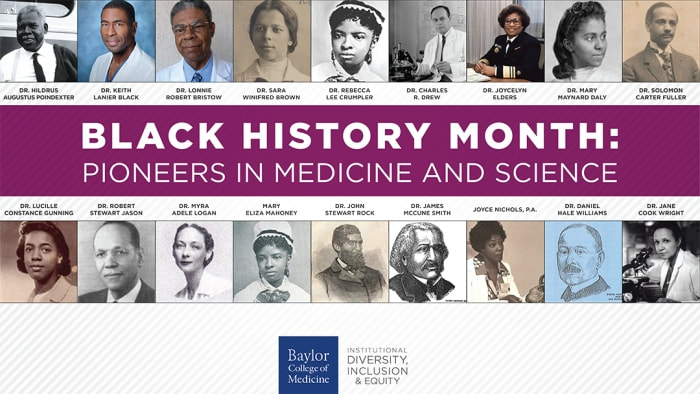
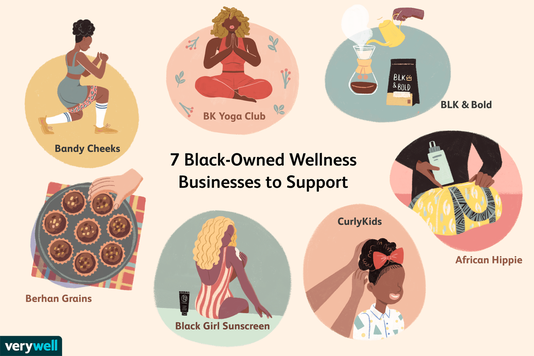
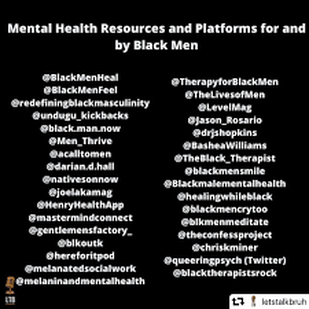
 RSS Feed
RSS Feed